War is not a laboratory. It happens countless times that you aim at target A and hit B for various reasons. So in this case, intentional targeting isn’t evident, but the consequences are the same,
Castel said on the podcast in connection with the Sumy attack. He added that determining the extent of legal responsibility is up to the courts, but multiple factors must be taken into account when assessing an attack that causes civilian casualties. In this incident, at least 34 people died and 117 were injured.
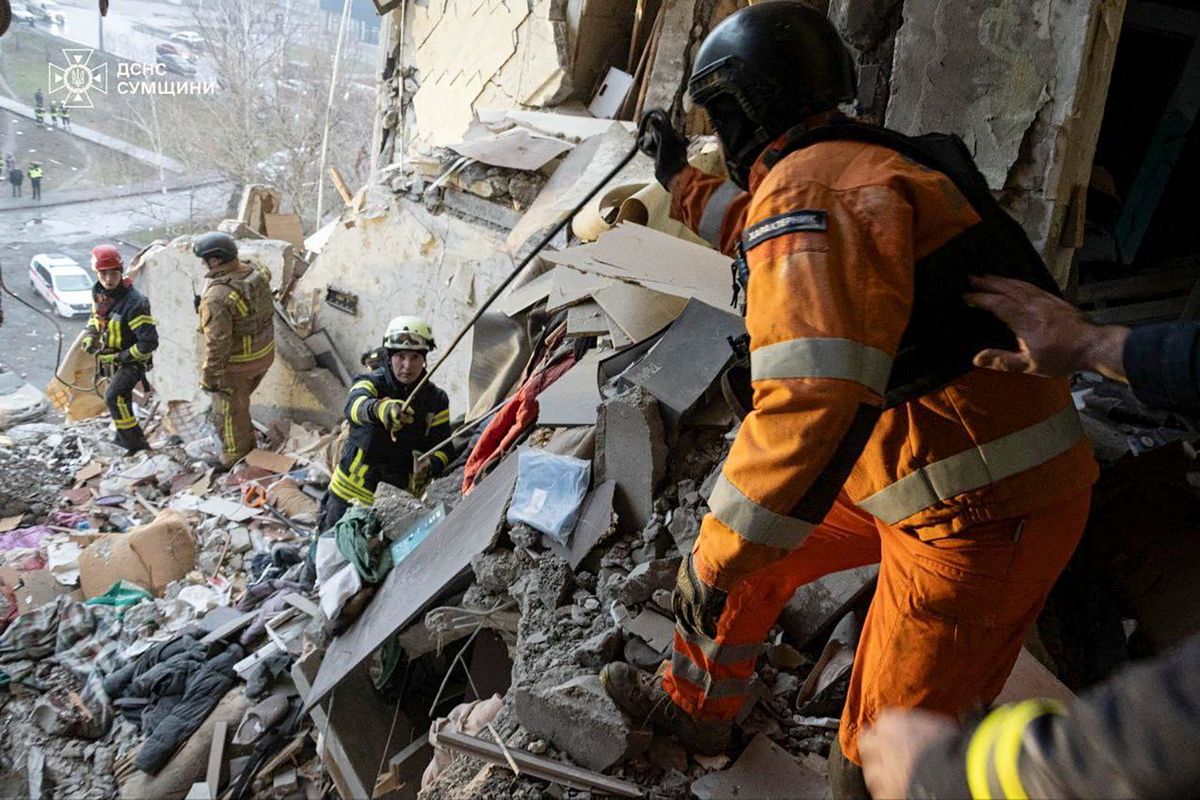
War is not a video game. Military leaders operate in a kind of constant fog. Information is always uncertain, an extremely perishable commodity. Decisions must be made very quickly based on incomplete data—and then we see these kinds of results,
Castel explained, adding:
When an attack like this happens and so many civilians die, there is usually blame on both sides—except, of course, in the rare instance where Russia attacks a civilian city center completely unprovoked, which is not characteristic of this war. We don’t see consistent, deliberate attacks on purely civilian targets like apartment blocks or shopping malls. That’s not typical of this conflict,
he emphasized.
The United States blocked a G7 declaration that would have condemned Russia's missile strike on Sumy. In doing so, it emphasized the importance of balancing peace efforts with gestures toward Russia.
We can see how important it is for the Trump administration to broker a ceasefire agreement. However, when we layer these developments, we see that Russia hasn’t faced sanctions in the tariff war. That’s another concession. But if the U.S. makes too many concessions, they may lose their value in Russia’s eyes, and Russia could push even further, sensing that the U.S. will continue to appease just to keep the process going. Meanwhile, the other side may rightfully question whether the U.S. is truly neutral or just in its peace-brokering role,
the expert warned.
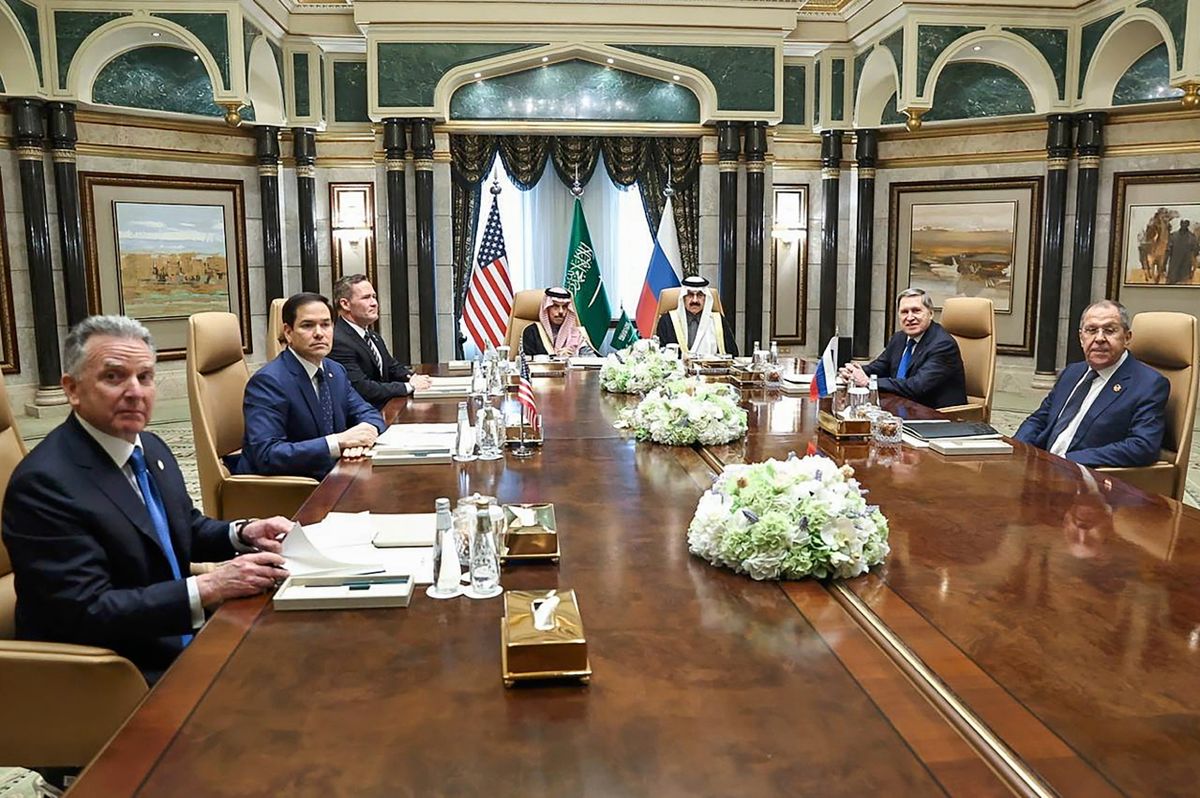
I can understand these moves on a tactical level, but one must be very careful that they don’t accumulate into a strategic advantage for Russia during negotiations,
Castel stressed.

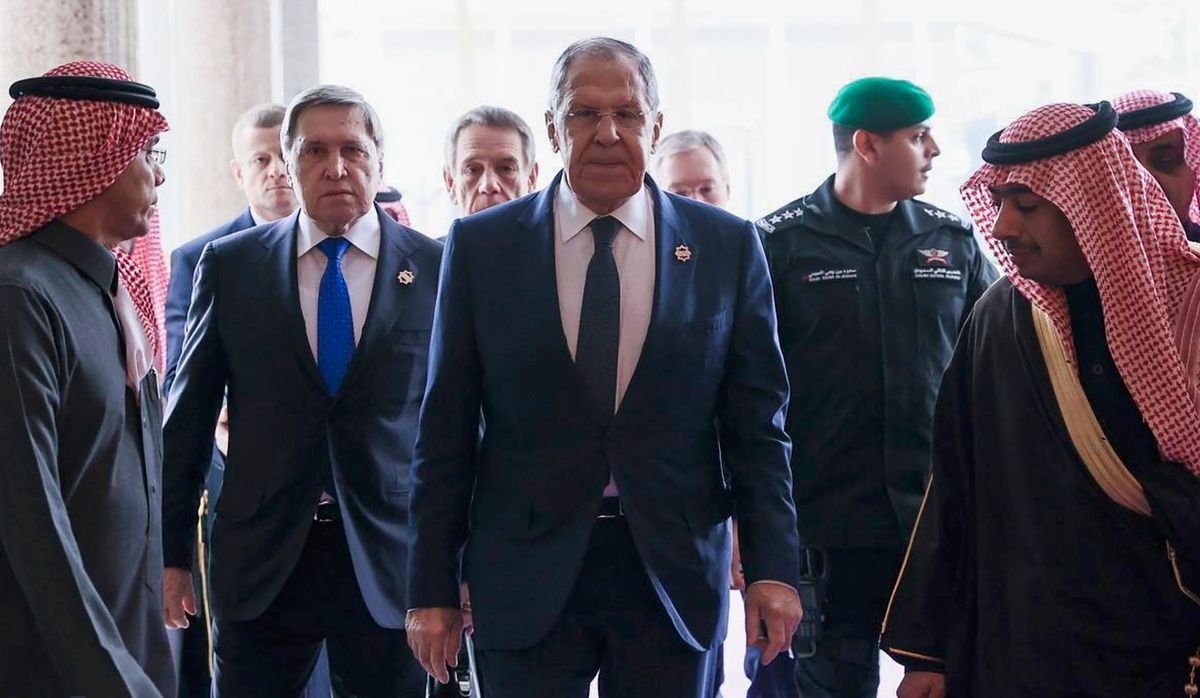
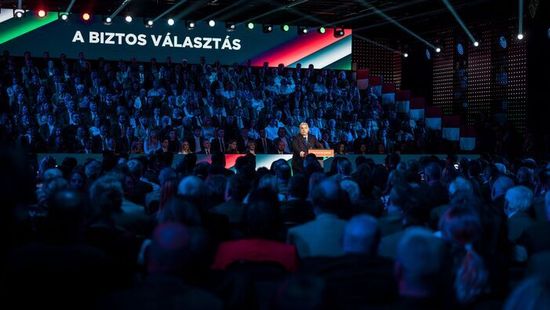
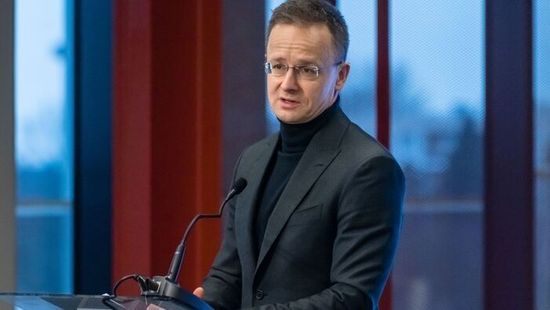
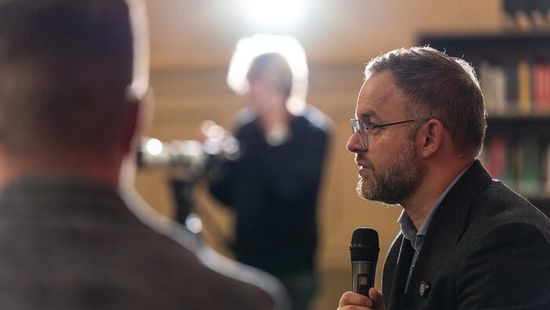
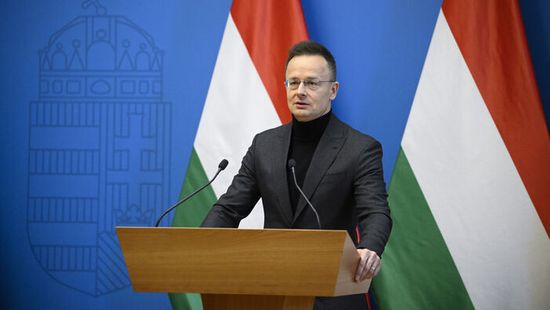

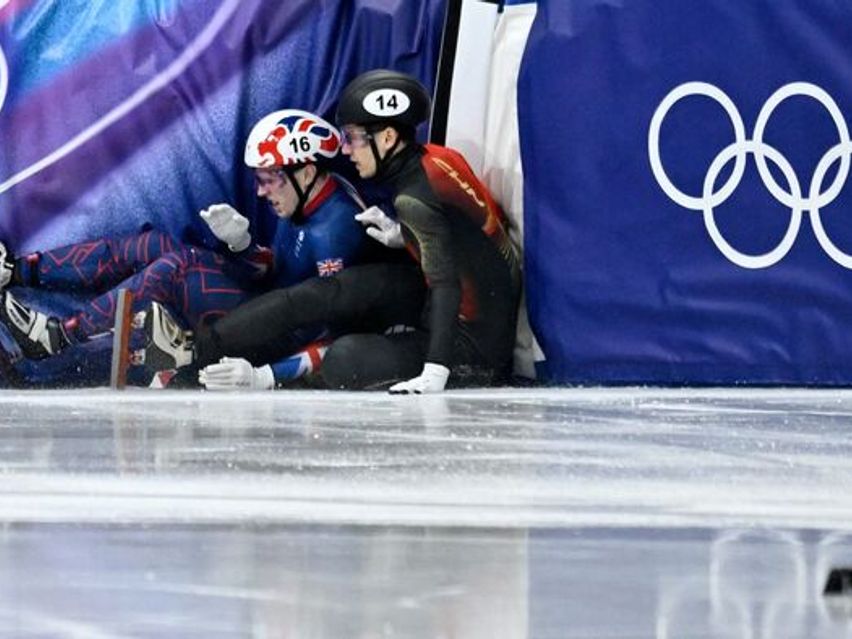
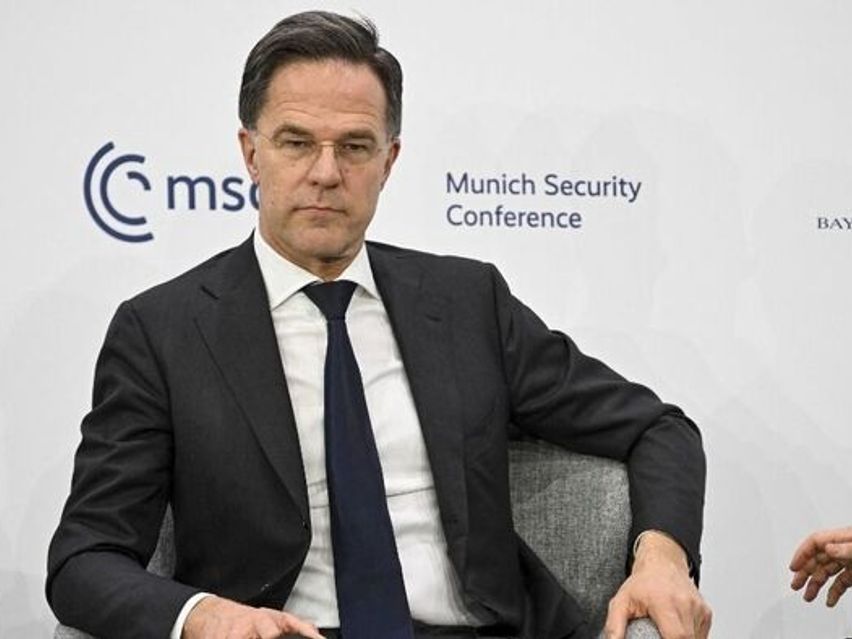
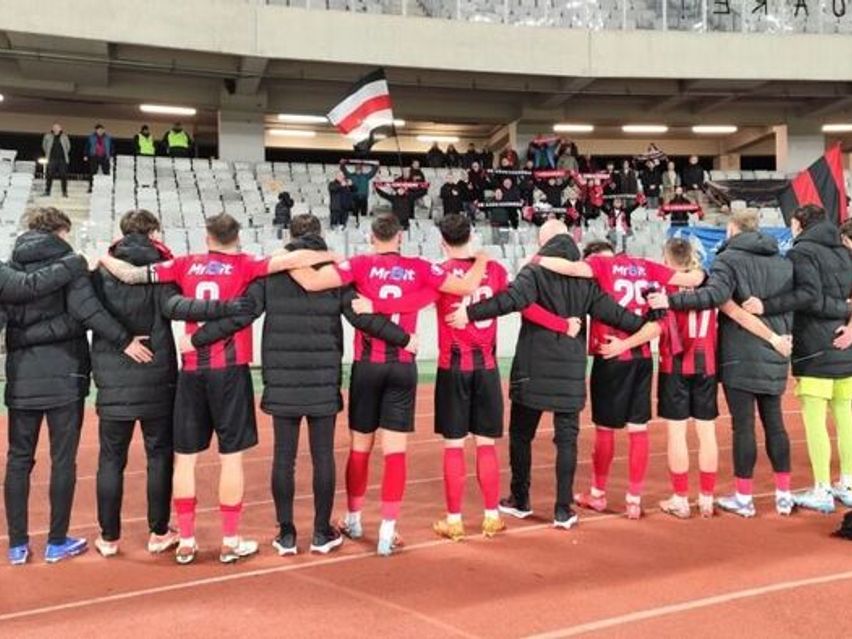
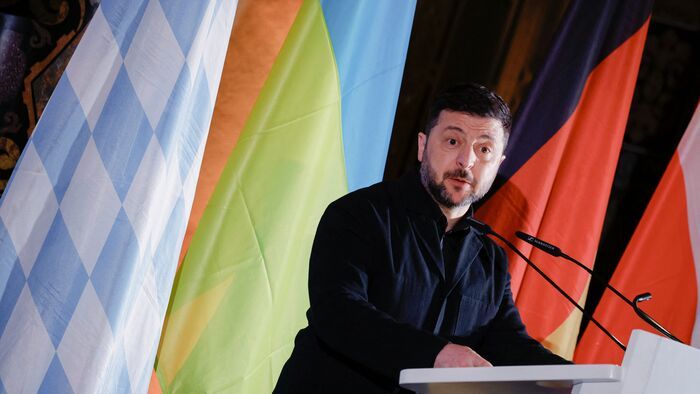

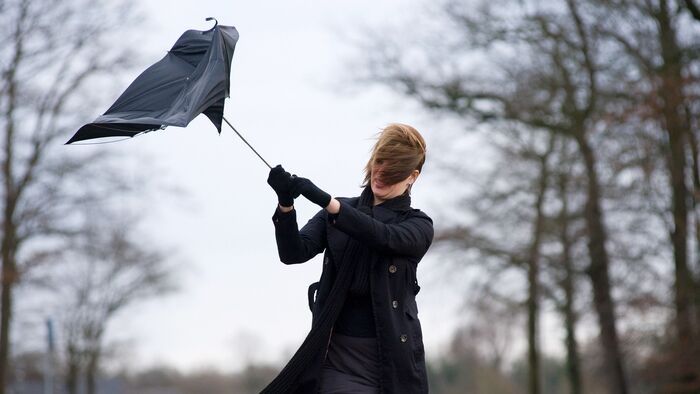
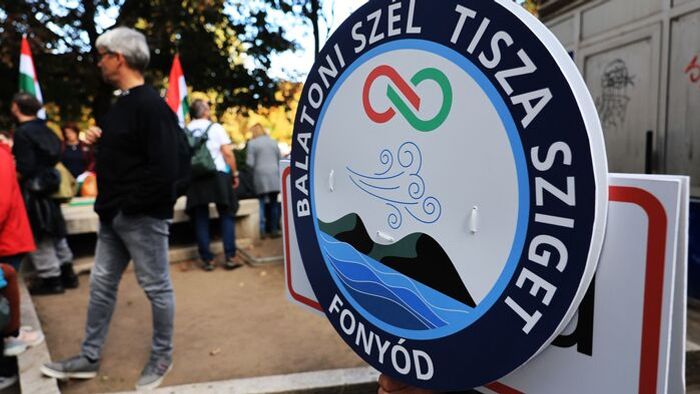
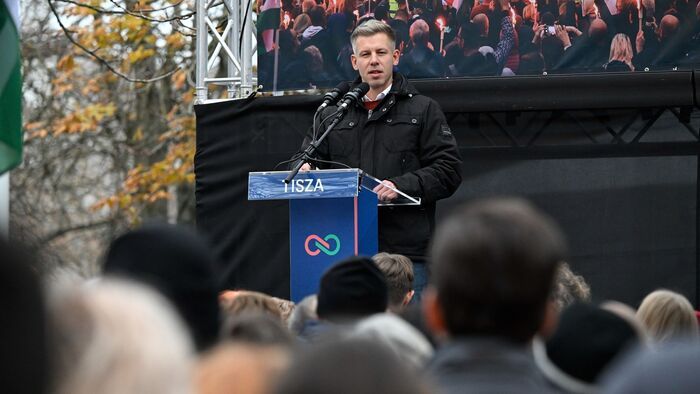


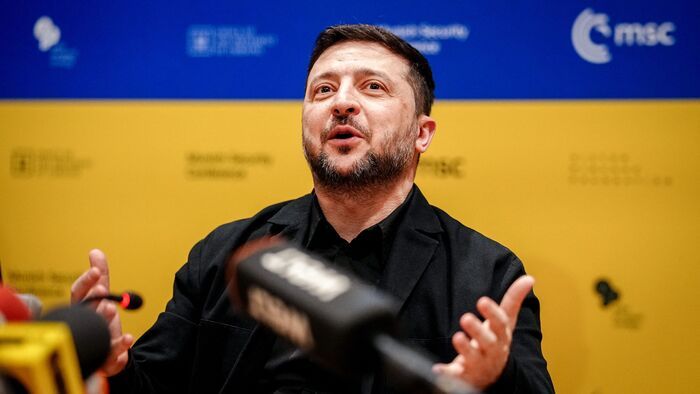


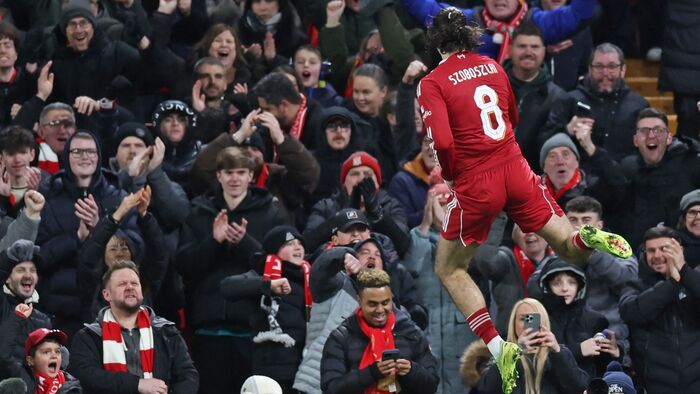

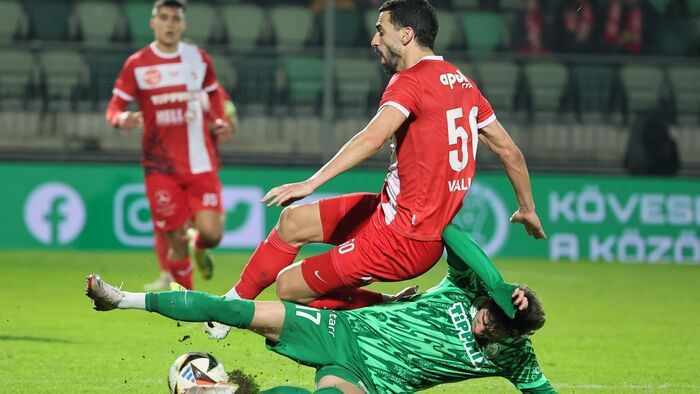

Szóljon hozzá!
Jelenleg csak a hozzászólások egy kis részét látja. Hozzászóláshoz és a további kommentek megtekintéséhez lépjen be, vagy regisztráljon!